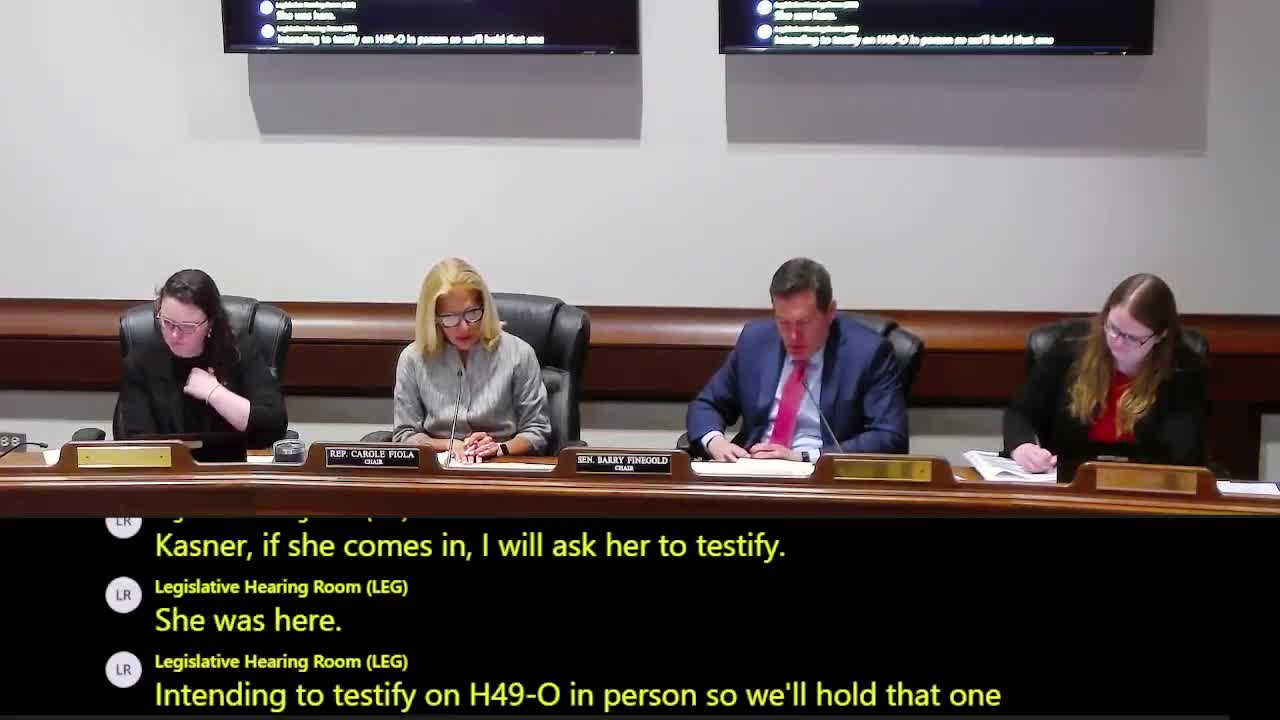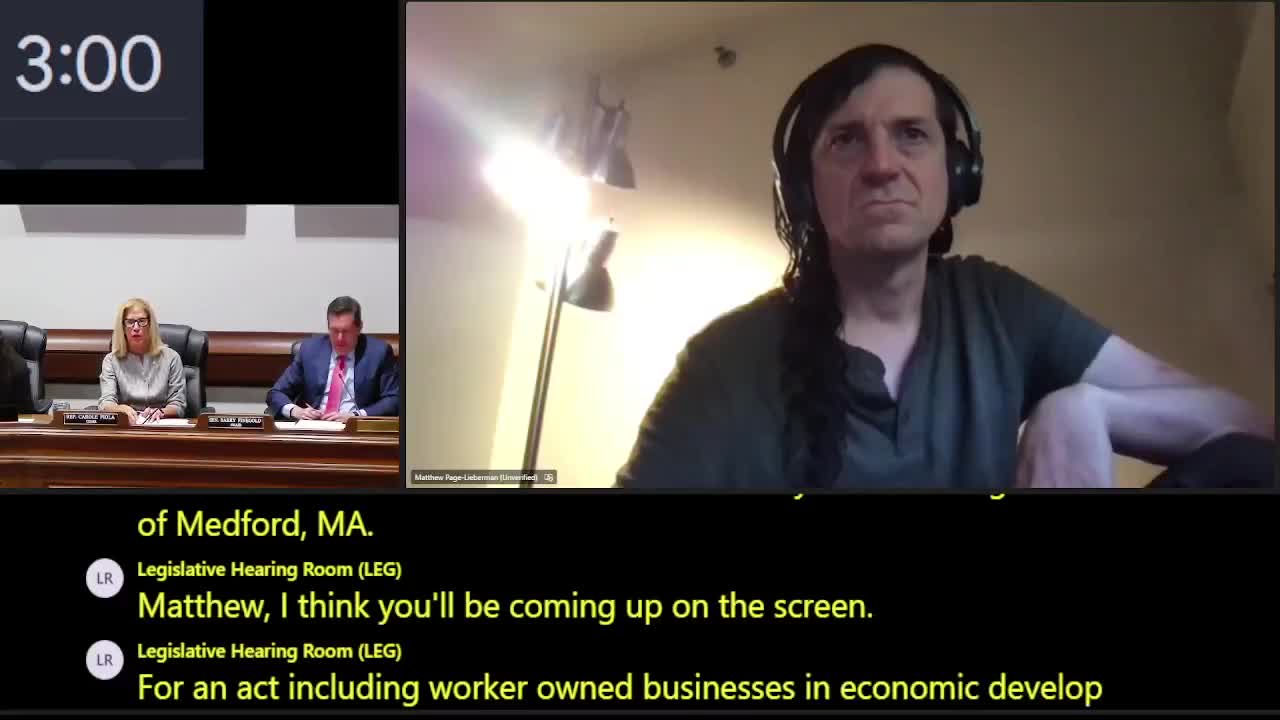Article not found
This article is no longer available. But don't worry—we've gathered other articles that discuss the same topic.

Rep. Kasner asks for special commission to repurpose vacant offices and ready Massachusetts for ‘next economy’

Resident urges ‘community trustee’ and right‑of‑first‑refusal in bill to protect local institutions

